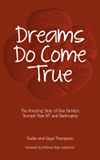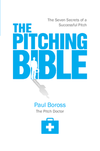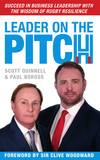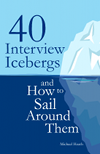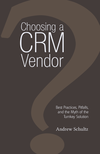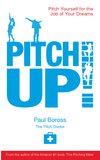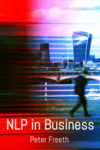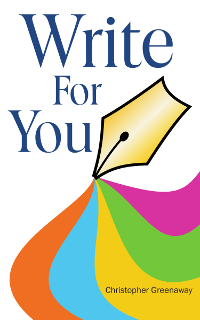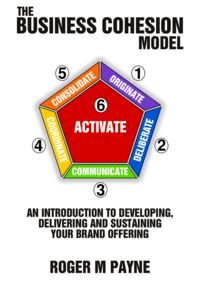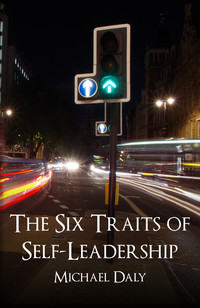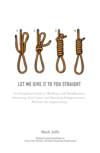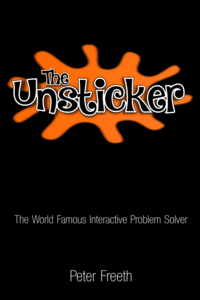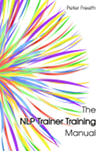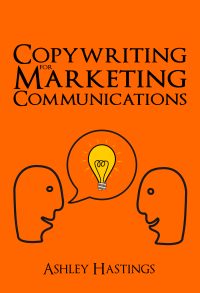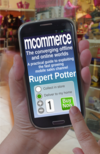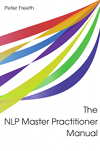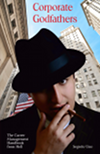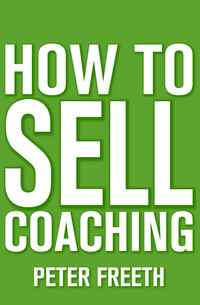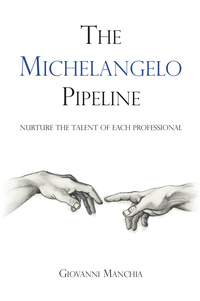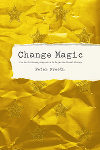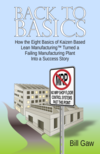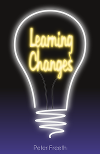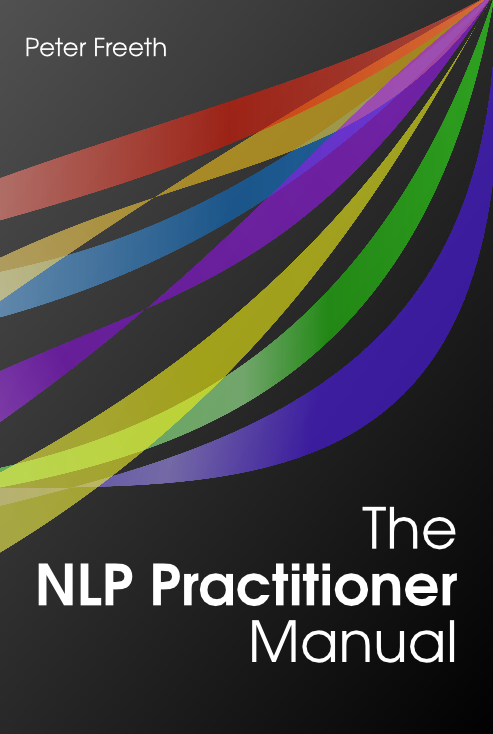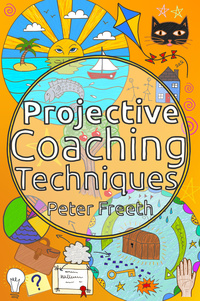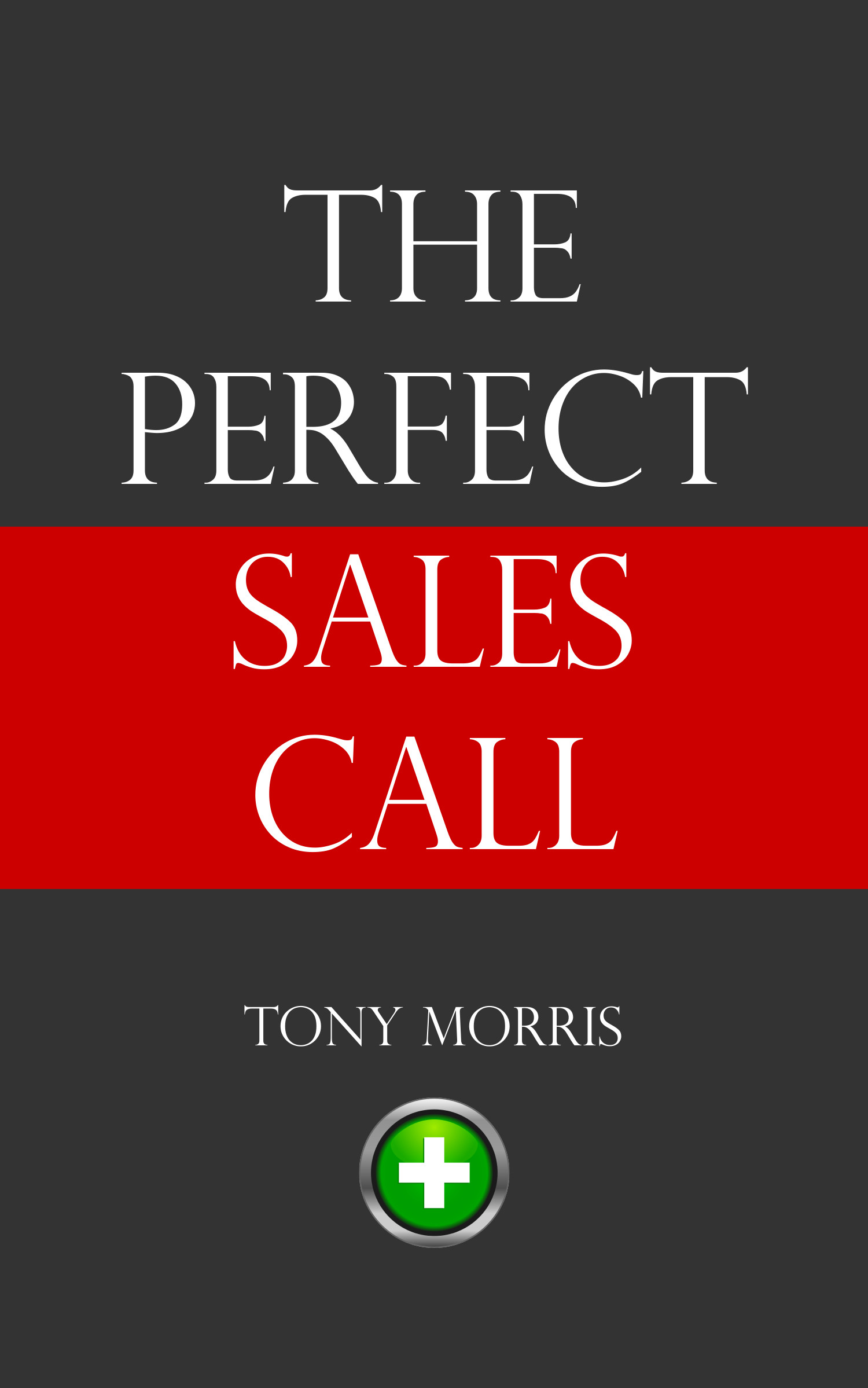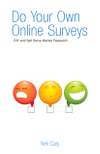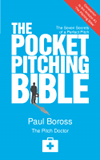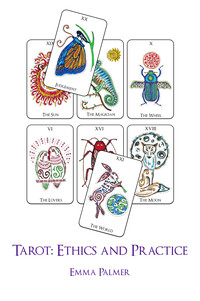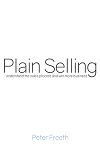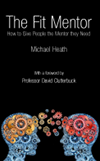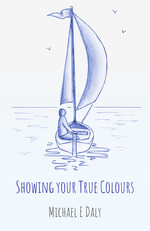|
A |
Advance |
||
|
A payment of royalties made by the publisher to the author in advance off anticipated book sales instead of after book sales. |
|||
|
Agent |
|||
|
A representative who acts on the author's behalf to find a publisher and negotiate publishing contracts. |
|||
|
Author |
|||
|
The person's name which appears on the front of the book. The author may have written the book, or they or their publisher may have engaged a 'ghost writer' to do the actual writing work. |
|||
|
B |
Book |
||
|
The physical product of the publishing process. |
|||
|
C |
Case Bound |
||
|
Another name for 'hard back' binding. |
|||
|
Contract |
|||
|
A legally binding agreement between two or more parties which sets out rights and obligations, scope and term. In other words, what one person gives the other, what they get in return, covering what activities or markets and for how long. |
|||
|
Contributor |
|||
|
Someone who has input to a book, for example an illustrator or contributing author. A contributor is usually listed in the book's official data record, unless they are a hired 'ghost writer'. |
|||
|
Copy |
|||
|
1. A single physical book, i.e. a copy of a book. |
|||
|
2. Text, usually on a web page or in a newspaper or magazine. |
|||
|
Copyright |
|||
|
Every unique piece of writing is recognised as the work of its author who has sole rights to produce copies of his or her work. Copyright is the legal recognition of an author's right to his or her creative work. |
|||
|
Copy Writer |
|||
|
Nothing to do with copyright, a copywriter is someone who writes text for magazines, product packaging, web sites and so on. This general text is called 'copy', not to be confused with a copy of a book. |
|||
|
Creative Commons |
|||
|
A form of copyright licence where the author grants a licence for anyone to freely copy and distribute their work. This is usually restricted to non-commercial applications. |
|||
|
D |
Deal |
||
|
A more informal name for a contract. |
|||
|
Distributor |
|||
|
A company that sits between the printer or publisher and the wholesaler. They handle distribution of book orders to either retailers or to other specialist wholesalers, such as those dealing in academic text books. A distributor might also handle imports of books into a specific country. The terms 'distributor' and 'wholesaler' are often used interchangeably. With Print On Demand, the printer usually acts as the distributor. |
|||
|
E |
Editing |
||
|
A service offered by publishers and independent editors to check and modify text for overall flow and readability. |
|||
|
G |
Ghost writer |
||
|
Someone who does the actual writing of a book, even though the author credit will go to someone else. The majority of celebrity autobiographies are written by ghost writers. Ghost writers generally receive no royalties from book sales. |
|||
|
I |
Imprint |
||
|
The Imprint for a book is usually the publisher's name, however some publishers have different Imprints for different product ranges. An imprint is like a manufacturer's brand name for a product, so one manufacturer might have different brands for products sold in different markets or to different target audiences. |
|||
|
ISBN |
|||
|
International System for Book Numbering. Every book sold anywhere in the world through the normal distribution methods needs to be identified with a unique ISBN number. |
|||
|
J |
Jacket |
||
|
The loose printed paper cover that is often used to make hard back or case bound books look more attractive. |
|||
|
L |
Literary agent |
||
|
See 'Agent'. |
|||
|
Litho |
|||
|
Short for 'offset lithographic', a method of printing using metal plates which place ink onto the paper via a rubber 'offset' roller. Because of the high cost in setting up the printing plates, lithographic printing is used for large print runs, typically in the tens of thousands. |
|||
|
M |
Manuscript |
||
|
The plain text of the book as written by the author. It contains none of the page formatting required for printing as a book. |
|||
|
Margin |
|||
|
1. The gap between printed text and the edge of the paper. |
|||
|
2. The profit made when buying something and then selling it at a higher price. |
|||
|
O |
Offset |
||
|
Another name for litho printing. |
|||
|
P |
Pen Name |
||
|
A pen name, pseudonym or nom de plume is a name chosen by an author who doesn't want to write under their own name, perhaps to write on a subject that is different from what they are normally known for, or to avoid publicity. |
|||
|
Perfect Bound |
|||
|
Another name for 'paper back' binding. |
|||
|
PP |
|||
|
Printed Pages, the number of pages in a book. Sometimes the actual number of pages in a book can be higher than the number of printed pages because the book is printed in blocks of pages which are sewn together in groups. This is why you will sometimes find a few blank pages at the end of a book. |
|||
|
PPC |
|||
|
Printed Paper Case, another name for a hardback book that has a full colour, printed cover. |
|||
|
Print on Demand |
|||
|
A method of book printing where an electronic copy of the book is kept on computer for printing only when an order is placed for the book. |
|||
|
Proof |
|||
|
A copy of a book which is produced to check for mistakes in either the original text or the printing process. |
|||
|
Proof reading |
|||
|
A service offered by publishers and independent proof readers to check text for mistakes. Computer spell checkers have difficulty correcting words which are spelt correctly even though them are nut the write ward for the sentence. |
|||
|
Publisher |
|||
|
A company that takes an author's 'manuscript' and turns it into a 'title' or printed book. |
|||
|
Publishing house |
|||
|
A company that publishes books and other information products. Usually used to describe the large, traditional publishers. |
|||
|
R |
Retailer |
||
|
A company which sells books. An online book shop such as Amazon works in exactly the same way as a High Street book shop. |
|||
|
Royalty |
|||
|
A payment made from a publisher to an author in return for the author granting a copyright licence to the publisher. |
|||
|
S |
Short run |
||
|
A print run of a small number of books. The cost per printed copy is high because the set up costs are spread across fewer copies. |
|||
|
Signing |
|||
|
An important marketing tool, a book signing is an event, normally organised in partnership with a large book shop, where the author might give a talk, read some of his or her book and then sell signed copies. The most important aspect of the signing is not book sales on the day itself but the opportunity to create marketing activity around it, for example in the local press and radio. |
|||
|
Supply chain |
|||
|
The network of different companies that are required to publish, print, distribute and sell a book. A particular supply chain can be seen by following the path of a single book from source to consumer. |
|||
|
T |
Title |
||
|
Another name for 'book', the word 'title' is more commonly used in the publishing and book retailing world. A consumer would normally use the word 'title' to refer to the name of a book (the title of the book), whereas a publisher or retailer would use 'title' to refer to the book itself (the title IS the book). |
|||
|
Title page |
|||
|
The first page of a book, showing the book's title, author, publisher and year of publishing. |
|||
|
Title page verso |
|||
|
The second page of a book, showing information about the book including the publisher's details, ISBN number and a copyright notice. |
|||
|
W |
Wholesaler |
||
|
A company that buys books in bulk and sells them on to retailers. |

